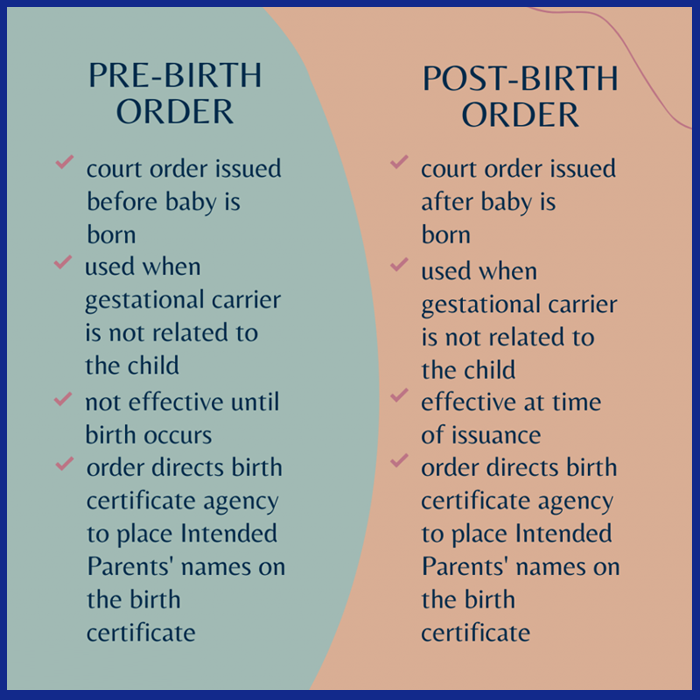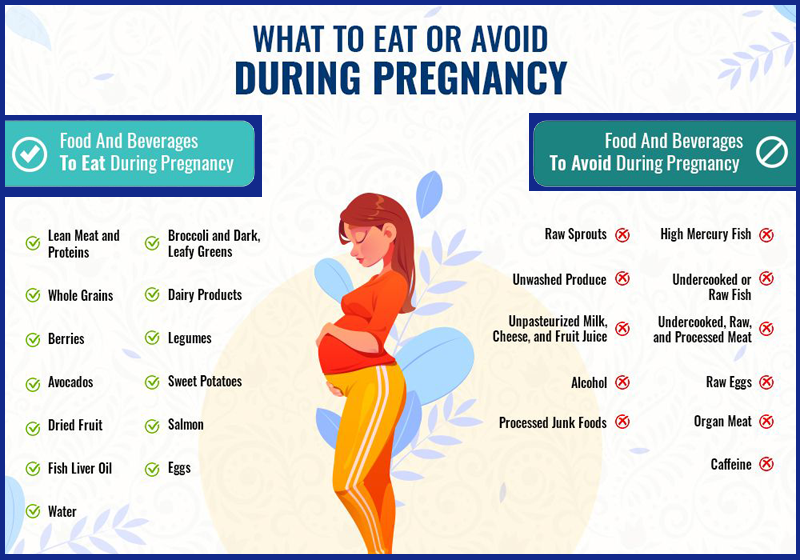Overviewing the Role of a Legal Counselor in a Surrogacy Program
Surrogacy, a wonderful journey that allows individuals or couples to have a child through the help of a surrogate mother, is more than just a medical procedure. That said, it is entwined with complex legal subtleties that safeguard the rights and duties of all included parties. Moreover, this is often where a legal Counselor steps in. Also, in the following parts of this blog, we’ll investigate the crucial role that a legal Counselor plays within the surrogacy program.
A surrogacy program includes numerous parties: the intended parents, the surrogate mother, and the medical experts managing the surrogacy. Also, with so many parties included, and with the emotional and physical stakes so high, a strong legal system is basic. Besides, the legal Counselor guarantees that this system is both strong and reasonable.
The crucial role that a Legal Counselor
1. Drafting Surrogacy agreements
One of the critical roles of a legal Counselor is to draft a comprehensive surrogacy agreement. That said, this document traces the obligations, rights, and commitments of both the intended parents and the surrogate. Also, it covers perspectives such as remuneration, medical strategies, parental rights, and how potential disputes will be settled. Moreover, a well-drafted agreement sets the tone for a smooth surrogacy journey.
2. Setting up Parental Rights
Once the child is born, the intended parents get to be legally recognized as the guardians. Also, this acknowledgment guarantees they have all rights and duties over the child, and it might include pre-birth or post-birth orders. Moreover, a legal Counselor navigates the legal complexities to guarantee that parental rights shift without any issues.
3. Exploring varied laws
Surrogacy laws are not all-inclusive. That said, they change altogether from one state or nation to another. Moreover, a few regions might have confinements or might not recognize surrogacy agreements. Also, a legal Counselor, well-versed in surrogacy law, guides intended parents through these assorted legal scenes, guaranteeing compliance at all steps.
4. Securing the Surrogate’s Rights
While much attention is on the intended parents, the surrogate’s rights are similarly important. That said, a legal Counselor guarantees that the surrogate’s rights, from her health and well-being to her money-related issues, are defended. Also, this assurance builds up trust and guarantees the surrogate isn’t taken advantage of.
5. Dealing with Disputes
While everybody aims for a surrogacy journey free of issues, contradictions can emerge. Moreover, in such scenarios, the legal Counselor steps in as both an advisor and arbiter. Also, they can offer assistance in settling disputes, including the surrogacy agreement as a guiding document.
6. Managing Budgetary Viewpoints
Surrogacy includes financial elements, especially concerning compensating the surrogate. That said, a legal Counselor guarantees that these exchanges are straightforward, reasonable, and in line with the legal guidelines of the program.
7. Providing Legal Instruction
A surrogacy journey can be overpowering, particularly for first-time intended parents. That said, the legal Counselor educates them about their rights, duties, and the legal steps they’ll get to try. Also, this information is engaging and guarantees everybody included understands their roles.
8. Encouraging International Surrogacy
If the intended parents opt for surrogacy in another nation, the complexities increase. That said, various nations have their own surrogacy laws, and there’s the included layer of immigration and citizenship issues for the child. This is where the legal Counselors’ expertise in international surrogacy guides individuals through these complexities. Besides, they guarantee the child’s smooth transition to their own country.
How to choose the best legal Counselor?
Exploring the legal world can be a bit of a hectic task for many. That said, whether you’re managing with a surrogacy program or individual agreements, the ability of a legal Counselor is priceless. In any case, the key to an effective legal journey frequently rests in choosing the proper expert to direct you.
1. Identify Your Needs
Before looking for a legal Counselor, decide on what you actually need. Are you seeking out somebody who specializes in family law or has expertise in managing surrogacy contracts? That said, different legal counsellors have distinctive regions of ability. Thus, by understanding your needs, you’ll target your search more successfully.
2. Inquire about legal Counselors
Start by inquiring with friends, family, or colleagues for proposals. That said, Individual experiences can offer veritable experiences into a lawyer’s polished skill, reliability, and viability. Furthermore, online forums and local bar affiliations can give directories and ratings to help your search.
3. Check Capabilities and experience
A good legal Counselor should have legal capabilities from a trustworthy institution. That said, engagement within the particular field you’re curious about is similarly important. Also, a lawyer with a long time of involvement in this domain might not be the best fit for surrogacy-related legal issues.
4. Plan consultations
Once you’ve shortlisted many potential candidates, set up initial discussions. That said, most legal Counselors offer to begin with a meeting either without charge or at a lower fee. Moreover, this permits you to gauge their ability, understand their approach, and see if they adjust together with your prerequisites.
5. Check Communication skills
A good legal Counselor should be educated and also a good communicator. That said, they should clarify complex legal language in basic terms and guarantee that you understand each step of the legal process. That said, feel free to ask questions and see how they react.
6. Honesty in terms of costs
Legal procedures can be expensive. That said, ensure that you understand their cost structure. Also, check whether they charge standard fees, an hourly rate, or work on a possibility basis (where they get paid if you win the case). Moreover, it’s fundamental to have this clear from the start to avoid any unwanted situation in the future.
7. Check their experience
A lawyer’s experience within the community can tell you a lot about their validity and unwavering quality. That said, check for any disciplinary activities against them or critical complaints. Besides, online surveys and reviews can moreover be helpful in such cases.
8. Go by your gut feeling
While capabilities, expertise, and experience are crucial, do not think little of the significance of individual instinct. That said, you will be sharing personal points of interest with this individual and depending on their counsel. So, if something doesn’t feel comfortable, or you’re not happy, it could be best to go by your gut feeling.
9. Consider availability
A good legal Counselor ought to be easily available. That said, consider their location and check in the event that they are promptly accessible for meetings or calls. Besides, you do not need a legal counselor who’s available to pay attention to your case.
10. Look for a second opinion
In the event that you’re not finding the current one good, it’s better to look for a second opinion. That said, legal aspects can have critical repercussions, and it’s better you’re sure about your choice of representation.
Final words
The surrogacy journey could be a perfect amalgamation of medical, emotional, and legal elements. Moreover, the medical expert guarantees the physical well-being of the surrogate and infant while the intended parents and surrogate contribute the emotional and individual commitment. On the other hand, the legal Counselor ensures the journey’s astuteness, clarity, and reasonableness.
Also, their role isn’t just about documentation and legal language; it’s around trust, protection, and direction. Besides, they act as the protector of the surrogacy journey, guaranteeing that the path to parenthood isn’t just filled with expectation and trust but is additionally clear of legal obstacles. So, we can say that within the complex process of surrogacy, the legal Counselor is both a guide and defender, guaranteeing each step is in agreement with the law. Become Parents is the leading surrogacy agency with a team of lawyers and medical experts.














 Also, gestational surrogacy includes cautious medical strategies to guarantee the developing embryo is safe as the pregnancy goes smoothly. Besides, surrogates play a crucial part in ensuring that the intended parents can achieve parenthood without any issues.
Also, gestational surrogacy includes cautious medical strategies to guarantee the developing embryo is safe as the pregnancy goes smoothly. Besides, surrogates play a crucial part in ensuring that the intended parents can achieve parenthood without any issues.






